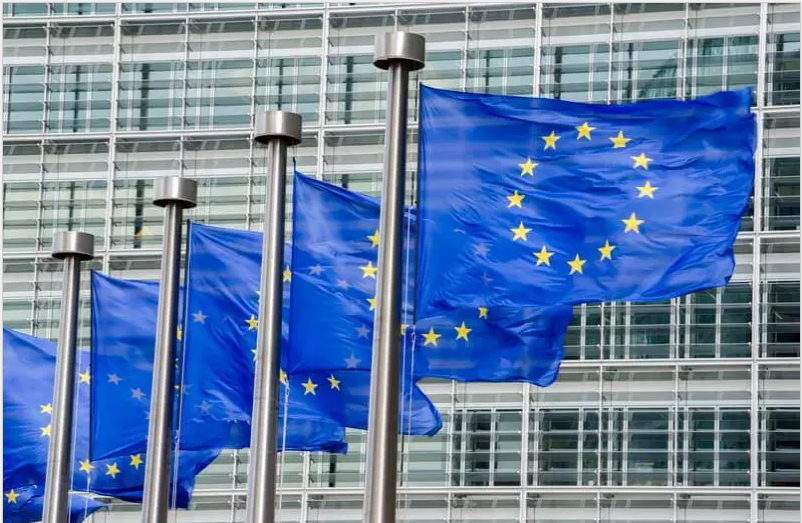© Marc Bruxelle _ Dreamstime.com In 2018, Switzerland and the EU struck a deal to extend Swiss stock market equivalence until 30 June 2019, a date fast approaching. Stock market equivalence makes a trade on the Swiss stock exchange equivalent to a trade on an exchange in an EU country. This allows trades to be pooled ...
Topics:
Investec considers the following as important: 3) Swiss Markets and News, Featured, newsletter
This could be interesting, too:
RIA Team writes The Importance of Emergency Funds in Retirement Planning
Nachrichten Ticker - www.finanzen.ch writes Gesetzesvorschlag in Arizona: Wird Bitcoin bald zur Staatsreserve?
Nachrichten Ticker - www.finanzen.ch writes So bewegen sich Bitcoin & Co. heute
Nachrichten Ticker - www.finanzen.ch writes Aktueller Marktbericht zu Bitcoin & Co.
In 2018, Switzerland and the EU struck a deal to extend Swiss stock market equivalence until 30 June 2019, a date fast approaching.
Stock market equivalence makes a trade on the Swiss stock exchange equivalent to a trade on an exchange in an EU country. This allows trades to be pooled across countries, something that supports global trade and improves international market liquidity, a win-win for all traders.
For this reason, the Swiss Bankers Association (SBA) argues Switzerland should be granted indefinite stock market equivalence.
However, stock market equivalence, like trade access, can be used as a bargaining chip for other things. And, this is what is happening with Swiss stock exchange equivalence.
The EU has been pressuring Switzerland to sign up to a broader deal with the bloc and is using the imminent expiry of stock market equivalence as a pressure point.
That broader deal is a thing called a Framework Agreement, something designed to replace the patchwork of deals Switzerland has with the EU, deals that include free movement of people, mutual recognition of industrial standards, agricultural products, air transport and land transport, along with equivalence for Switzerland’s financial services sector. In addition, it would automatically update Swiss rules in these areas to keep them in line with EU ones while still giving the European Court of Justice (ECJ) a say in how to interpret law. Talks on the Framework Agreement started in 2014.
Last week, Brussels gave Switzerland until 18 June 2019 to make progress. However, on 18 June 2019, it said it saw a lack of progress, according to RTS.
When asked about the impending expiration of Swiss stock market equivalence at a press conference, Maros Sefcovic, vice president of the European Commission, said it will expire unless the European Commission decides otherwise, before adding: I think this is a very very clear statement.
According to Sefcovic, there have been many many negotiations. Jean-Claude Juncker has spoken 23 times with four Swiss presidents and there have been 32 rounds of negotiation with commissioner Hahn he said.
While the view from Brussels appears to be that it has worked hard to reach an agreement, there are others who think it hasn’t.
In a statement, the Swiss People’s Party (UDC/SVP) hit back at what it described as intolerable blackmail and a shameful way to treat a sovereign state. It believes the EU had no intention of extending stock market equivalence and only intended to use it to force Switzerland the accept the Framework Agreement. The party recommends the government reject the deal, prepare “plan B” and drop its plan to pay a billion francs to the EU Cohesion Fund.
Others view accepting the deal as the least worst option – the costs of no deal outweigh the costs of a deal. In a survey done in Switzerland earlier this year, 60% said they supported Brussel’s deal, although many through gritted teeth. Only 17% were strongly in favour of it compared to 15% who were strongly against it. It was the 43% somewhat in favour compared to the 20% who were fairly against it that really tipped the balance in favour of the deal. A further 5% either didn’t know or didn’t answer.
In any case, access to a big market is worth more than access to a small one, a power asymmetry that gives the EU a negotiating advantage, one it seems intent on using.
Tags: Featured,newsletter

